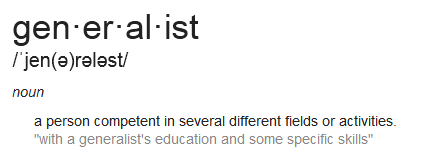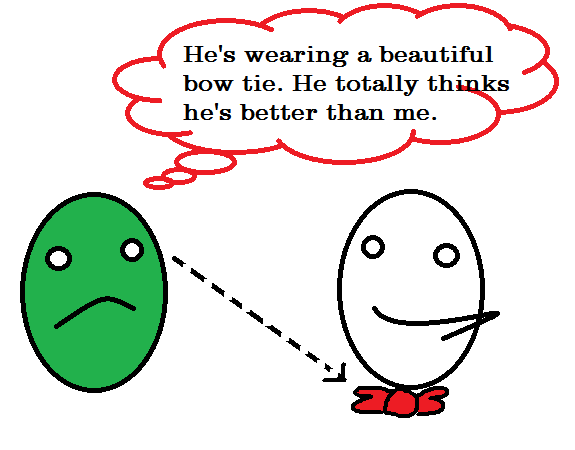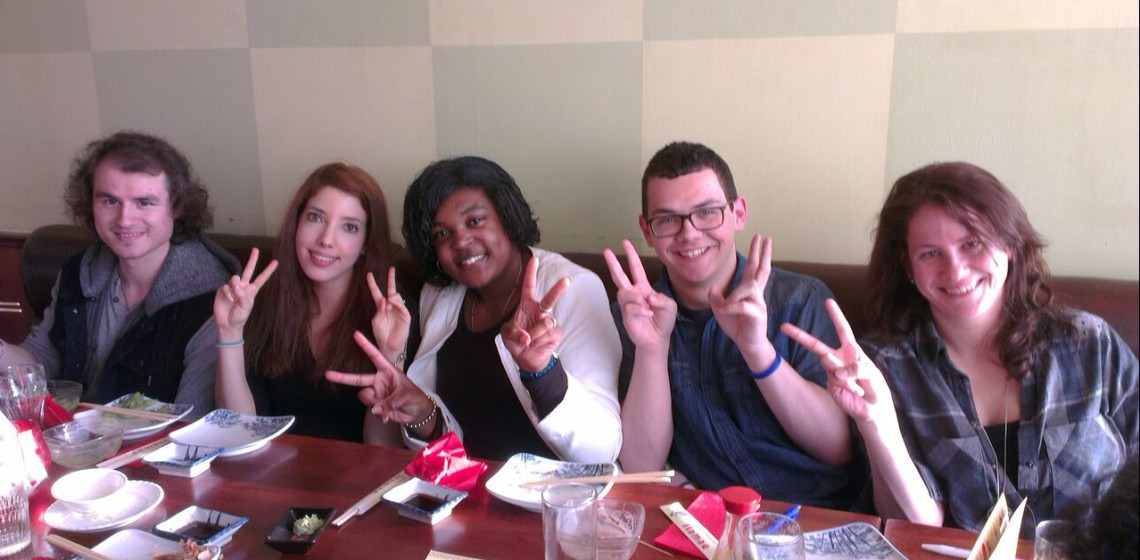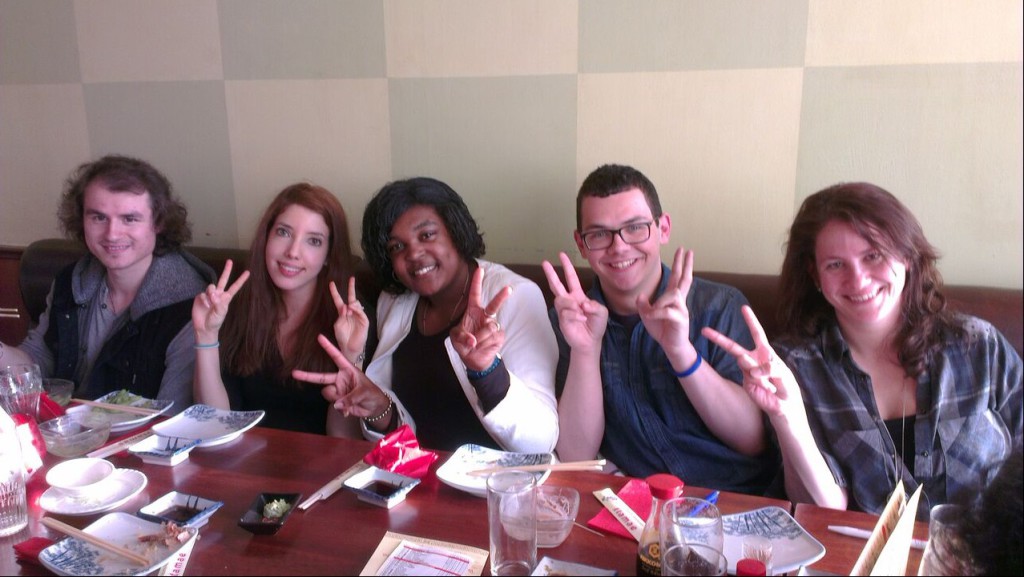The ugliest doll in the world
The ugliest doll in the world
When I was about 8 or 9 years old, I visisted my friend. We used to play outside all the time, but then she moved to another house. By bike, it was about 10 minutes away from my home, but since we were small it seemed like she had moved to another country.
My friend always had a collection of the latest toys and dolls and I admired her playthings. But, as it turned out, there was one doll she hated. She did not like that doll at all. I could have it, because, as she said:”You play with every doll anyways.” I did not know that about myself back then, lol. That was a new truth for me. Out of a drawer, my friend took a couple of dolls I could have. And one of them was indeed the ugliest doll I’d ever seen. Rough platinum blonde hair, a weird smile, a dent in her head and a weird pale skin tone that did not match the rest of her tan body. I gulped. That doll was hideous. Still, I took her home.
And I played with her, along with my other dolls. She could sit on the shelf with my other dolls as we went to sleep. I did not initially like her, but she kind of grew on me. And I still wonder about those words my friend disparangly uttered. “You play with every doll anyways.” Were my standards that low? Was anything good enough for me, no matter how bad or hideous? I wondered about that. I saw it as a bad thing.

But now, I’ve changed my mind. Now I think it’s a good thing.
To reject or to accept?
Sometimes you come across something or someone you don’t initially like. For example. what if you’re a bubbly, extraverted and popular person. Being bubbly and talking all day long is normal to you. And you happen to express your emotions easily. What then, if you come across a guy who is quiet and loves to think and come up with ideas. And this is hypothetical, because there are a lot of extraverted people who are quite tolerant, But you happen to be someone who doesn’t like that person! You met him and you couldn’t stand him! That person makes you uncomfortable, because you can’t deal with the silence or the thinking. There are roughly two options you can choose while interacting with this person. You could reject and bully this person, make up lies about him, because his silence and sharp mind make you uncomfortable. You can take a stereotype and project all kinds of prejudices upon this person, which are not true. You can set up other people against him and tell them that he is arrogant, cold and all kinds of other things that aren’t true and which you don’t have any proof for but you “just feel it”. You could be a big bully.
But another thing you could do is giving somebody the benefit of the doubt. Giving somebody a chance. Learn from him and make him learn from you. You could choose to not be ignorant and try to see that despite the differences, he really is a great guy! You could be patient with him and you could even become friends. You could try to see the good in another person, even though he or she is completely different from yourself!
Now, I could have used other dichotomies, such as race, or gender, or sexual orientation, but you get the picture. Instantly rejecting somebody, because she is different is a thing that causes a lot of grief. I would feel bitterly hurt when I was treated in an unfair and unintelligent matter. I’m sure countless other people have had this experience. So much useless, baseless grief.
And that’s why it ultimately makes me proud that I had accepted that ugly doll into my room even though I was little. That doll taught me a great lesson. To give people a chance.













Recent Comments